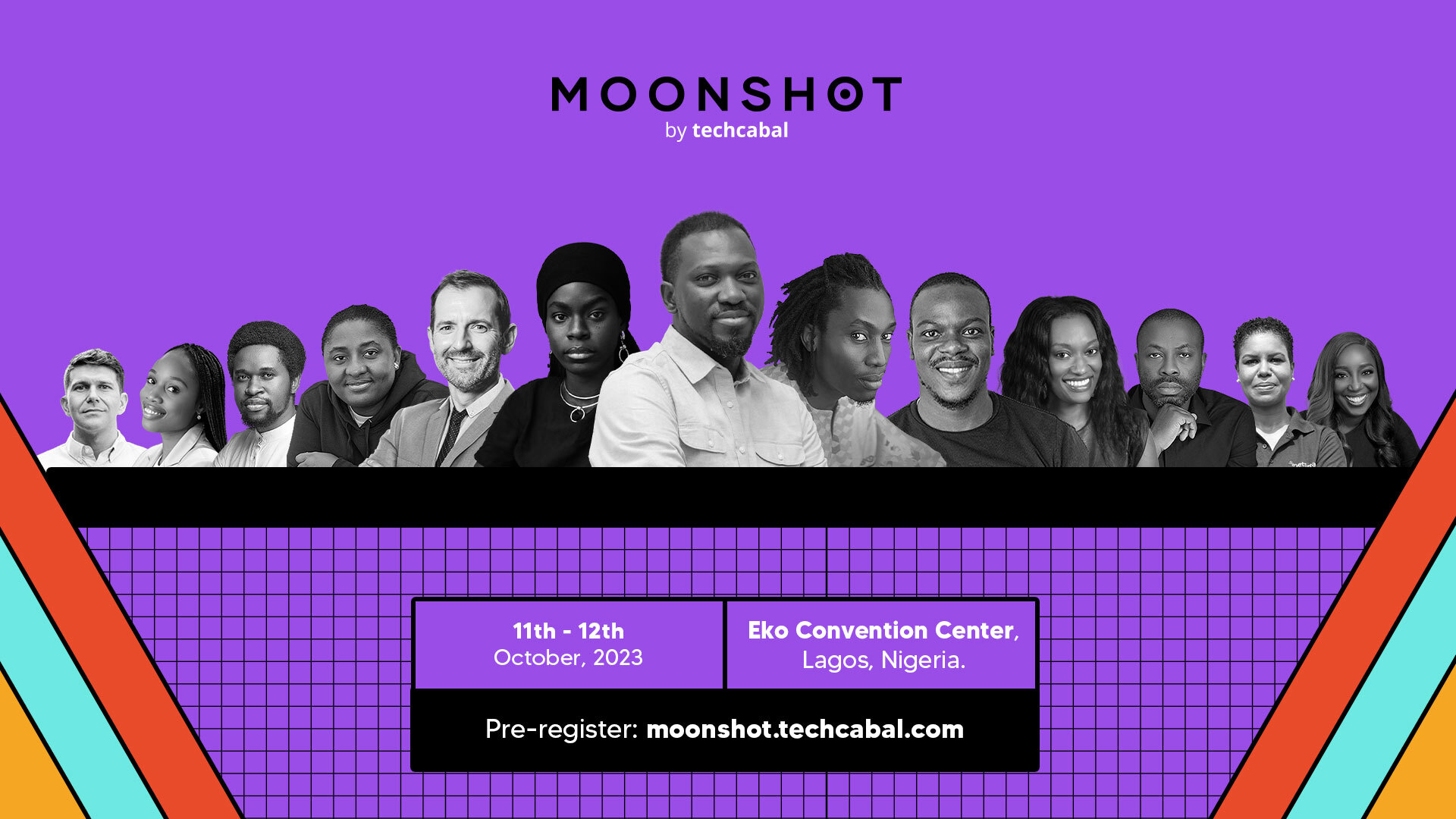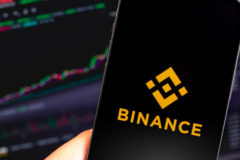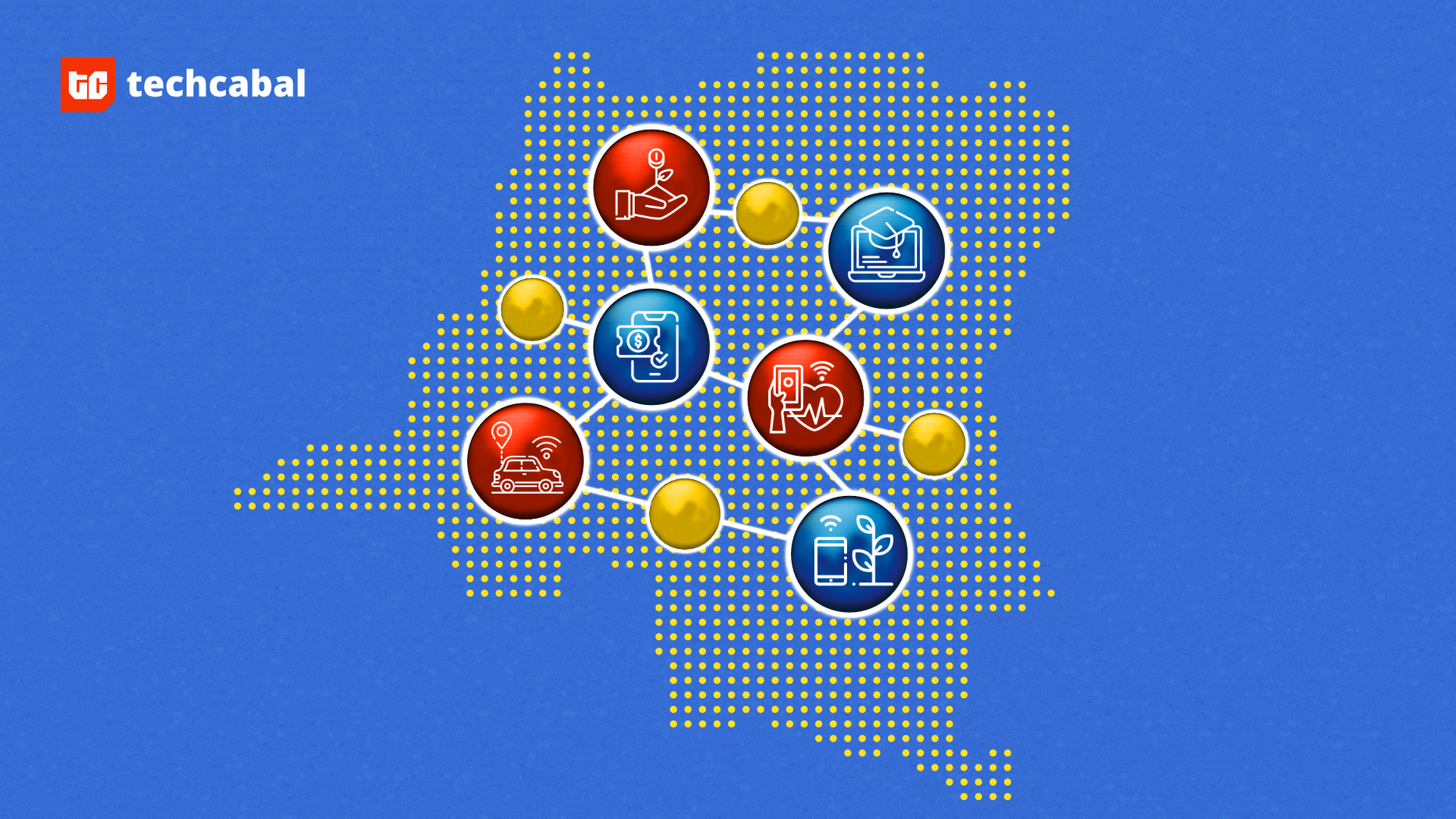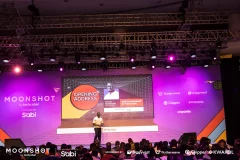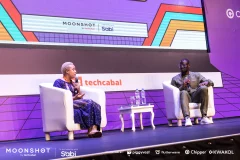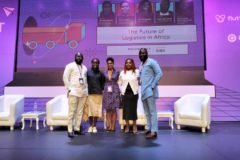Moonshot by TechCabal is the conference that will bring together Africa’s tech ecosystem in person to network, collaborate, share insights and celebrate innovation. Join us in Lagos on October 11 and 12. In this article built around the conference, Ganiu Oloruntade writes that crypto gaming in Africa has immense potential for growth and adoption, but game developers must prioritise improving the gaming experience.
Like the rest of the world, the African gaming space fell in love with crypto. In Africa, gaming is often viewed as a sign of unproductivity, but crypto came with the promise of helping players get rewarded while playing. The 2021 crypto bull run saw play-to-earn (P2E) games—blockchain-based video games that allow players to earn crypto or non-fungible tokens (NFTs)—dominate the global gaming market, and Africa hasn’t been an exemption.
In September 2022, Metaverse Magna (MVM), an African gaming community incubated by the Nigerian crypto startup Nestcoin, raised $3.2 million in funding. But in the past year, the global crypto industry has taken a beating, with prices crashing and startups struggling. The buzz around GameFi, which merges the best parts of gaming and decentralised finance, has dwindled. According to a recent report, GameFi adoption is down over 30% since October 2022. MVM’s creator, Nestcoin, which held investor funds in the collapsed FTX, had to lay off staff last year. Hence, the big question on the minds of African crypto gamers and players in the space is what lies ahead for crypto gaming on the continent.
“The truth is, although there is still significant value in the market, the level of enthusiasm is not as high as it was before. The past year has been challenging for everyone, with projects laying off employees and shutting down. The signs are clear: it is tough out here,” Tony Emeka, co-founder of CrytoTvPlus, a cryptocurrency and blockchain-focused media firm, told TechCabal.
Despite the current challenges, some are still bullish on crypto gaming in Africa. In this piece, Binance noted that with the combination of Africa’s increasing tech-savvy young people in the gaming industry and the increasing adoption of digital currencies and blockchain technology, Africa is set to lead the blockchain gaming revolution.
The problem with crypto gaming in Africa
Venn Oputa, co-founder of the NFT collection Afrobubble, said crypto gaming in Africa is struggling due to various factors, including the overall poor state of crypto gaming globally and the slow adoption of cryptocurrencies on the continent. “There’s a huge potentially large future in it. But at the moment, due to the present situation and market conditions, it’s largely nonexistent,” he told TechCabal.
While mobile gaming is on the rise in Africa, thanks to the increase in the number of smartphone users, the continent is yet to hit the highest levels of crypto adoption. According to a report by Newzoo and Carry1st, the number of gamers in sub-Saharan Africa rose to 186 million in 2021, while a total of 5.9 million gamers own cryptocurrencies across Africa and the Middle East.
Oputa further said that many game developers focus too much on monetary benefits rather than providing an enjoyable gaming experience. To improve this situation, game developers should prioritise creating exciting games and then integrate cryptocurrency features as an added bonus. He told TechCabal, “The thinking should be, how do I integrate crypto transactions or crypto elements or blockchain-based elements that also amplify the experience of this game?”
Chike Okonkwo, the co-founder of Gamic, a community for gamers, creators, and blockchain enthusiasts, shared a similar view about the need to improve the gaming experience. He added that now is the best time for gamers to be intentional about playing crypto games and learning from experienced individuals in the field who can guide them. “Because during the bull season, it’s difficult to track who really knows what crypto is talking about. It’s difficult to track who really understands and knows the right games to play,” he told TechCabal.
What lies ahead?
The crypto-gaming revolution is here to stay, and Africa can’t afford to be left out. According to a report by markets and intelligence firm Grand View Research, the global blockchain gaming market is expected to be worth $300 billion by 2030. Last month, Google Play updated its policy to allow video game publishers to reward gamers with NFTs.
Emeka believes that the crypto gaming industry in Africa has a lot of potential, though there are significant obstacles. “Power and internet connection are major challenges. If anyone could find a way to overcome these hurdles, they will capture a good piece of the market. Developers should consider creating games that don’t require an internet connection while playing, allowing players to accumulate points which can be synchronised with the game’s server online to collect real crypto,” he told TechCabal.
Okonkwo said that, going forward, there will be a lot of strategic partnerships between traditional game developers and crypto players, although it comes with regulatory concerns. “We all know that the moment the big dogs begin to come in, they come with regulation because regulators understand the traditional space well unlike emerging technologies like blockchain and AI. So, stakeholders mustn’t stay on the sidelines and be ready to engage regulators,” he said.
Did you enjoy this article? Then click this link to get your tickets to Moonshot, and check out our fast-growing list of speakers coming to the conference!







